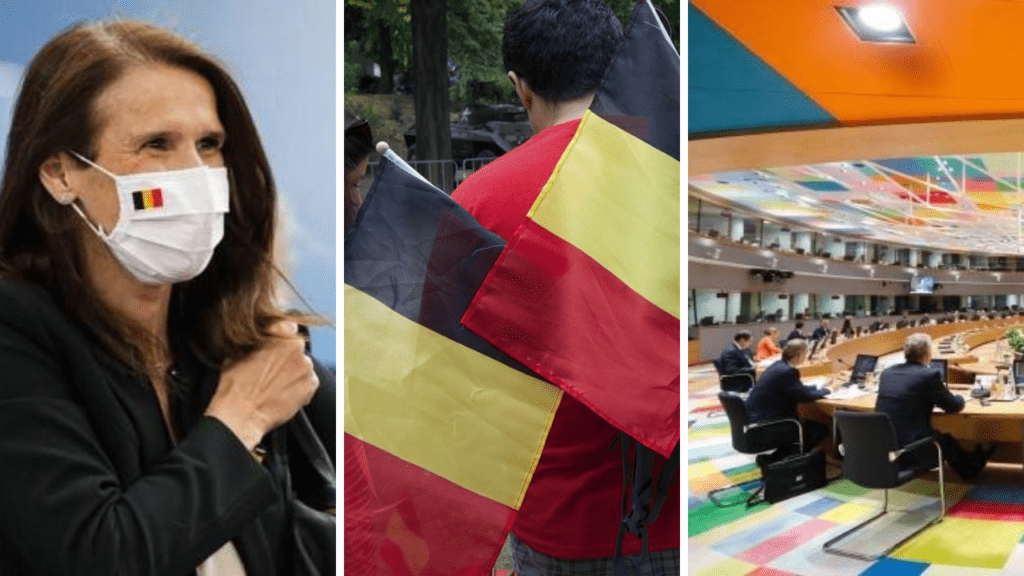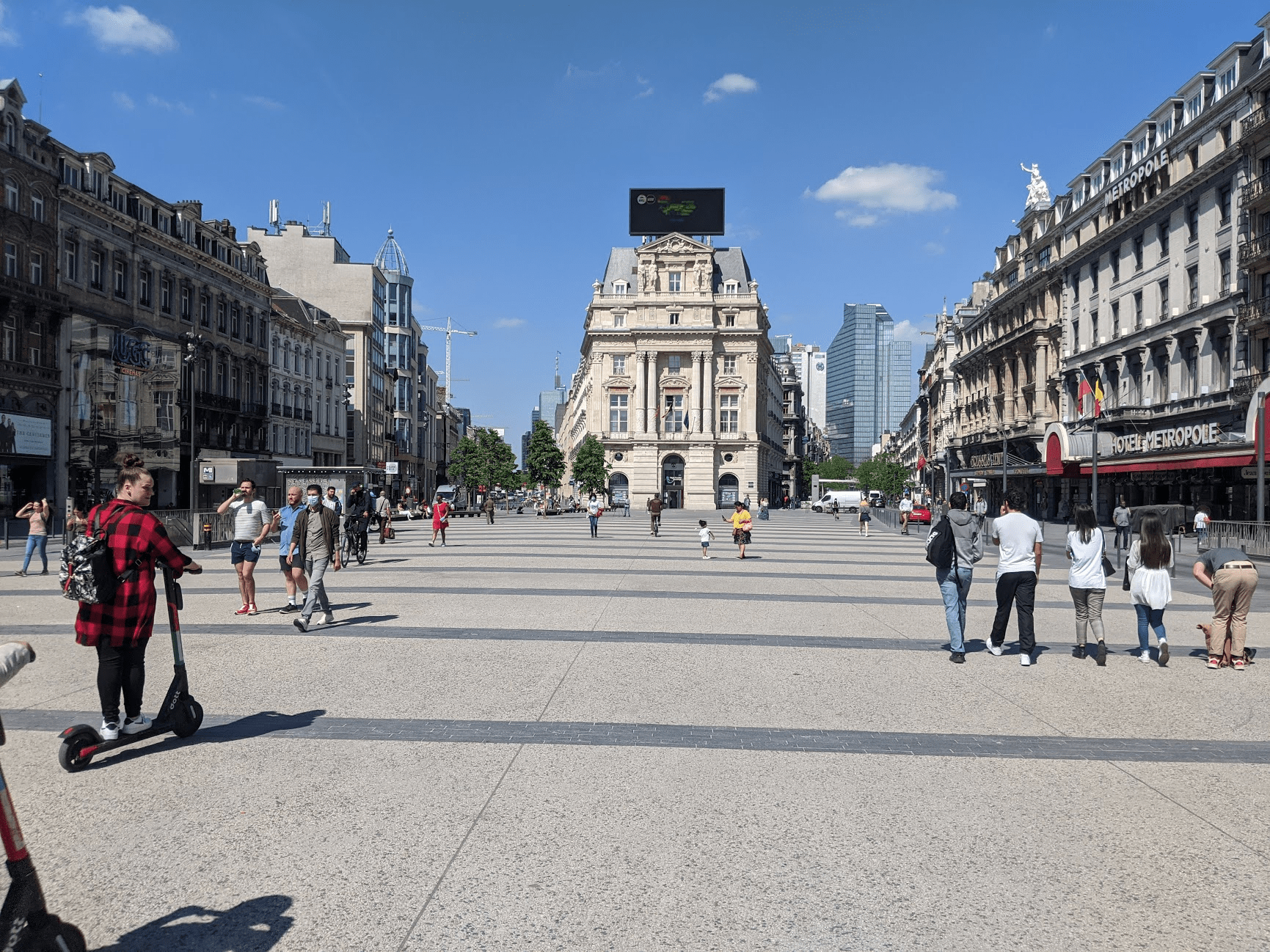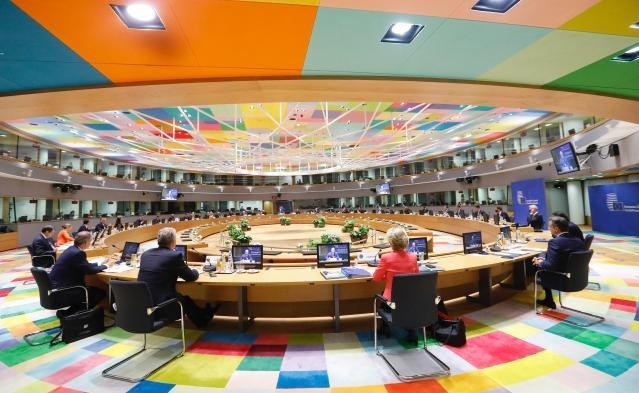Today we take a break from the norm, as Belgium celebrates a rather subdued holiday.
Infection figures continue to rise across the country - now accompanied by a rise in deaths and hospitalisations - casting a sombre light over a day generally reserved for festivities.
Previous years have seen thousands flock to Brussels to watch parades and firework shows, but the advice today is simple. Stay away.
In other news, the country continues to wait for the upcoming meeting of the National Security Council, which will not only decide if measures will be relaxed further next month, but also the future of a country facing up to the likelihood of a second wave.
So as you celebrate, commiserate, work, or entirely miss this Belgian holiday, let's have a look at the news out there.
1. National Day: What’s open in Belgium?
While the coronavirus crisis means that Belgium's regular festivities on its National Day have to be adjusted to comply with the health measures, many businesses will also operate on a different schedule today.
2. What does Belgium celebrate on its National Day?
On 21 July, public services in Belgium close their doors as its citizens celebrate the country’s National Day. While many across the country will be all too quick to take full advantage of the day off - what exactly is Belgium celebrating? Find out here.
3. Coronavirus: Belgian deaths and hospitalisations begin to rise
An average of 175,1 people per day tested positive for the new coronavirus (Covid-19) in Belgium during the past week, according to figures by Sciensano on Tuesday.
The trend of new infections per day has risen by 79% over the 7-day period from 11 to 17 July. This is, again, a higher increase than the days before.
The total number of confirmed cases in Belgium, since the beginning of the pandemic, is 64,094. The total reflects all people in Belgium who have been infected, and includes confirmed active cases as well as patients who have since recovered, or died from the consequences of the virus. Read More.
4. European Council: ‘We did it!’
After marathon negotiations, the European Council adopted on Tuesday morning conclusions on the recovery plan and multiannual financial framework for 2021-2027.
A triumphant European Council president Charles Michel tweeted, “We did it! We have reached a deal on the recovery package and the European budget for 2021-2027. This is a strong deal. And most importantly, the right deal for Europe right now.” French President Emmanuel Macron tweeted that it was "a historical day for Europe.” Read more.
From Belgium, Prime Minister Sophie Wilmès welcomed several positive points for Belgium in the agreement reached between the 27 Heads of State and Government. More on that here.
5. Meet the Belgians paving the way for a cheese revolution
Sandwiched between France and the Netherlands – with Switzerland not far either – Belgium has not been well known among its neighbours for the quality of its cheeses. Yet that may be about to change.
“We sell around triple the amount of Belgian cheese now as we did 20 years ago – and interest is growing all the time,” says cheese affineur Frederic Van Tricht. His family have been running Kaasaffineurs Van Tricht, a speciality cheese shop in Antwerp, for half a century. Read more.
6. Aggression towards train conductors: nearly 900 incidents last year
Belgium’s national railway society (SNCB) recorded 882 incidents of aggression towards train attendants in 2019, according to Mobility Minister François Bellot.
170 of these incidents involved assault and battery and 239 were cases of minor violence. In addition, 473 verbal assaults were reported, along with 315 reports of threats and 158 of insults. Read more.
7. Belgian eventgoers asked to leave personal data for contact tracers
People going to an event will be asked to give their names and telephone numbers to make it easier for contact tracers to contact them if an infection is detected, said Karine Moykens, chair of the Interfederal Committee Testing & Tracing.
After the system received a lot of criticism over the past few days and weeks, the tracing of infected people, and people they have been in contact with, will be sped up and improved by the end of August, said Moykens. However, quick improvements and adjustments can already be made. Read more.
Jules Johnston
The Brussels Times



